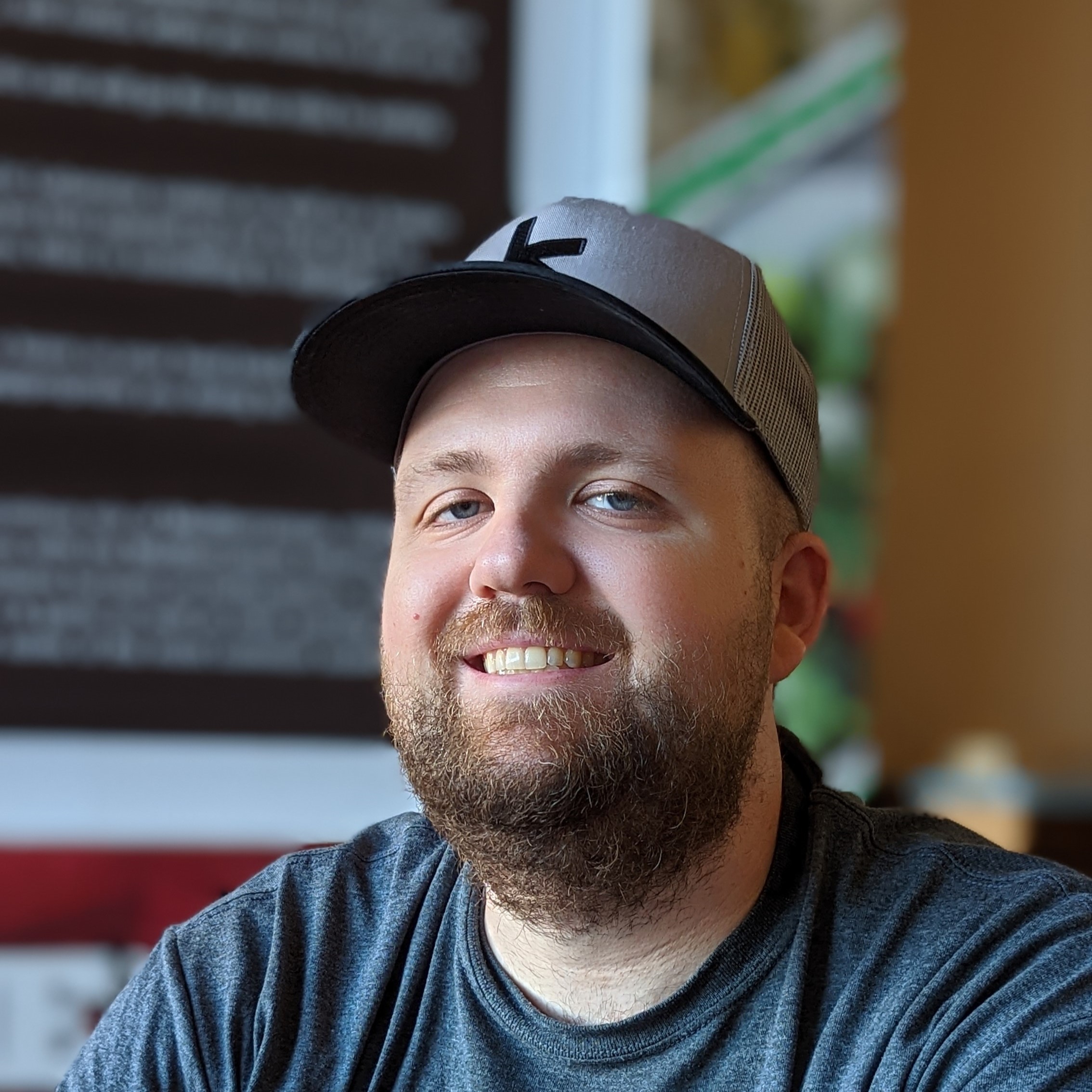Martin Goetz leaves behind a legacy as the first to patent software
Martin Goetz dies at 93 having been the first person to patent software.

What you need to know
- Martin Goetz patented the first software in 1968 for data-sorting mainframe software
- Before this, software was seen as a free commodity bundled with hardware by huge companies like IBM.
- Goetz worked for Applied Data Research which successfully sued IBM forcing them to unbundle software and hardware in 1969.
- Martin Goetz passed away at 93 from a world he helped shape where any person can create an app and patent it.
Martin Goetz has been called an unsung innovator by ComputerWorld.com, and the "Father of Third Party Software" by the Mainframe Hall of Fame. He leaves behind a legacy of off-the-shelf commercially ready software and the idea that software can be patented, an idea he had to fight for years to prove valid. If it weren't for his idea, the plot of the recent movie Tetris would have been quite a bit different.
The idea that a person can have an idea for a mobile application, or software that drops blocks with some music, and then own that idea forever was novel in the 1960s. Thanks to Martin Goetz and the fight he took on with his employer Applied Data Research, the American Dream has shifted from not just building a brick-and-mortar business, but instead developing the next big app that can change the world.
Who was Martin Goetz?
In 1965 when Martin Goetz first filed his patent for a sorting system software, the world did not think of software as something that should qualify for a patent. It took the patent office 3 years to grant the patent, finally being approved in 1968. At the time, IBM was the only major player because they made all the hardware, and would write custom software and bundle it with their hardware.
If you really wanted to sum it all up, my story is not about software patents; it's really about software protection
Martin Goetz via computerworld.com
According to Goetz, all software in the early 1960s was given away free by the hardware manufacturers. This made it nearly impossible for software to be sold, even if the software being made for sale was superior to the free software IBM was giving away.
As Goetz's career developed at ADR (Applied Data Research) he became known as a sorter expert and was put on several projects writing bespoke sorting code for customers of ADR. He was troubled though that he couldn't protect the code that he had worked on that dramatically improved the sorting required to efficiently run these computers.
"It was a radical idea that slowly seemed to make more and more sense, I knew what IBM did with bundling software into its hardware, and I wanted to protect my program,"
Martin Goetz via computerworld.com
Goetz was determined to protect his software, which was valuable at that time due to the complex nature of the mainframe computations. In Martin Goetz's memoirs, he explains why his sorting system patent was so valuable. At that time they used tape to run all the computations, and if you could sort more efficiently you could use less tape and sort faster.
The trick to reducing the elapsed time for the entire sorting process is to make the initial strings as long as possible in the first phase and to do the largest-size n-way tape merge in the second phase. Maximizing the "way" of the merge reduces the number of times the records are read and written, thereby significantly reducing the overall sorting time. This can also reduce the waiting time as tapes (which can be read only in a forward direction) are being rewound between successive merges.
Martin Goetz
Martin Goetz went on to continue his campaign to see software as its own competitive market throughout his life. He undoubtedly saw a world where upstarts and young college students like Bill Gates might be able to make a product like Windows and change the world. He was a true pioneer for the software industry. If you would like to learn more about his life, PBS did a video series on him in 2013.
Get the Windows Central Newsletter
All the latest news, reviews, and guides for Windows and Xbox diehards.
In the end, Martin Goetz left the world a better place than he found it. Entire companies exist around software, Windows being one of the most obvious examples, but also Facebook, Instagram, and any video game company. Also, there doesn't seem to be an episode of Shark Tank that goes by without somebody discussing an app they created. He created a legacy that will continue as long as we have the right to put our ideas into code and protect them as intellectual property.
What do you think about Martin Goetz's contributions to our current software landscape? Who are the tech pioneers you look up to? Let us know in the comments.

Colton is a seasoned cybersecurity professional that wants to share his love of technology with the Windows Central audience. When he isn’t assisting in defending companies from the newest zero-days or sharing his thoughts through his articles, he loves to spend time with his family and play video games on PC and Xbox. Colton focuses on buying guides, PCs, and devices and is always happy to have a conversation about emerging tech and gaming news.
